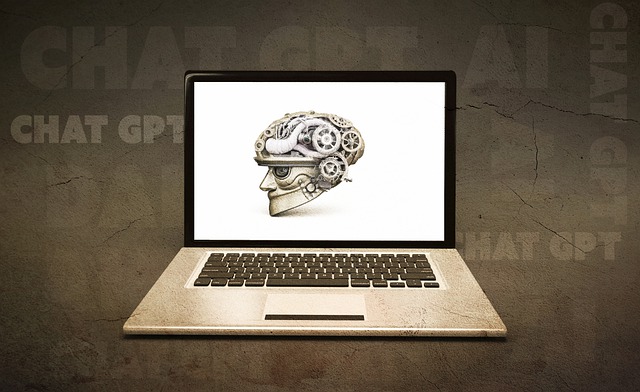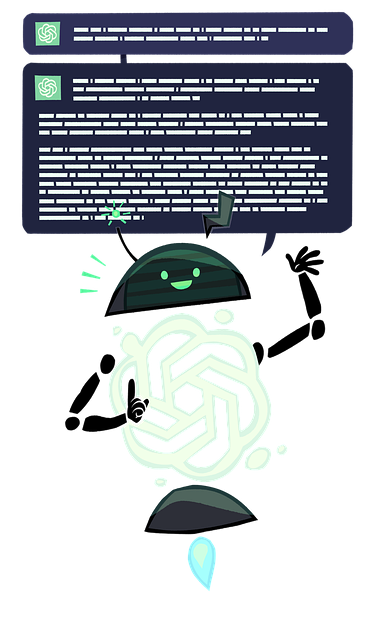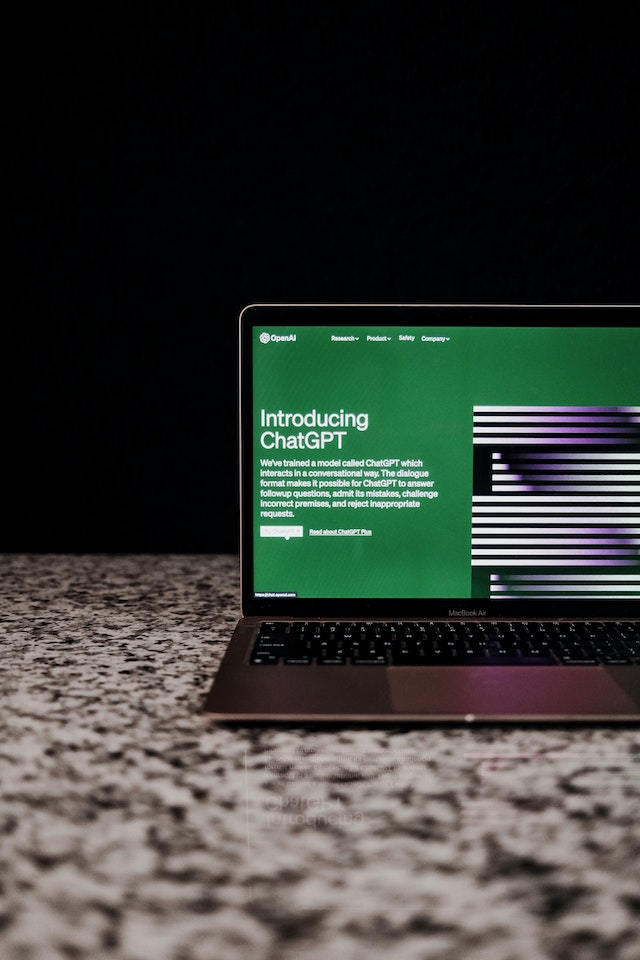Learn about ChatGPT cybersecurity risks. Can cybercriminals use ChatGPT to hack your bank or PC? Find out in this informative article.
In the modern world, cybersecurity is a critical issue for individuals and organizations alike. The internet has become an essential tool for daily life, but it also presents risks for those who use it. Cybercriminals are constantly looking for new ways to gain access to sensitive information and use it for their own purposes. One such tool that has raised concerns is ChatGPT. This article will explore whether or not cybercriminals can use ChatGPT to hack your bank or PC.
Table of Contents
- Introduction
- What is ChatGPT?
- How does ChatGPT work?
- The potential risks of using ChatGPT
- Malicious use by cybercriminals
- Inadvertent disclosure of sensitive information
- How to protect yourself from cyber threats
- Best practices for internet security
- Limiting the use of ChatGPT
- Conclusion
- FAQs
What is ChatGPT?
ChatGPT is a chatbot that uses artificial intelligence to generate human-like responses to questions and prompts. It is based on the GPT-3.5 architecture and is trained on a vast amount of data to provide users with accurate and relevant information. ChatGPT can understand natural language and can be used for a variety of purposes, including answering questions, providing recommendations, and even creating content.
How does ChatGPT work?
ChatGPT uses a neural network to generate responses to user input. It is designed to learn from the data it is trained on and to improve its responses over time. Users can interact with ChatGPT through a chat interface, asking questions or providing prompts to which the chatbot responds. The chatbot can provide responses in a variety of formats, including text, audio, and video.
The potential risks of using ChatGPT
While ChatGPT is a powerful tool that can be used for a variety of purposes, it also presents some potential risks. These risks can be divided into two categories: malicious use by cybercriminals and inadvertent disclosure of sensitive information.
Malicious use by cybercriminals
Cybercriminals are always looking for new ways to gain access to sensitive information. ChatGPT provides a potential avenue for them to do so. By posing as a legitimate user, a cybercriminal could use ChatGPT to gain access to sensitive information, such as bank account numbers or login credentials. They could also use the chatbot to deliver malware or phishing attacks to unsuspecting users.
Inadvertent disclosure of sensitive information
In addition to the risks posed by malicious actors, there is also the risk of inadvertent disclosure of sensitive information. ChatGPT is designed to learn from the data it is trained on, which includes a vast amount of user-generated content. This means that there is a possibility that sensitive information could be inadvertently included in the data used to train ChatGPT. If this were to happen, it could potentially be exposed to anyone who has access to the chatbot.
How to protect yourself from cyber threats
To protect yourself from cyber threats, it is important to follow best practices for internet security. This includes using strong and unique passwords, enabling two-factor authentication, and keeping your software up to date. It is also important to limit the use of ChatGPT to trusted sources and to be cautious about the information you share with the chatbot.
Conclusion
While ChatGPT is a powerful tool that can be used for a variety of purposes, it also presents some potential risks. Cybercriminals could use the chatbot to gain access to sensitive information or to deliver malware or phishing attacks. To protect yourself from these threats, it is important to follow best practices for internet security and limit the use of ChatGPT to trusted sources.
It is also important to note that ChatGPT is designed to learn from the data it is trained on. While this allows the chatbot to provide accurate and relevant responses, it also means that there is a possibility that sensitive information could be inadvertently included in the data used to train ChatGPT. It is essential to be cautious about the information you share with the chatbot to avoid any potential privacy risks.
In conclusion, ChatGPT is a powerful tool that can be used for a variety of purposes. However, it is essential to be aware of the potential risks associated with its use and take steps to protect yourself from cyber threats.
FAQs
- Is ChatGPT safe to use?
- While ChatGPT is generally safe to use, it presents some potential risks. To protect yourself, it is important to follow best practices for internet security and limit the use of ChatGPT to trusted sources.
- Can cybercriminals use ChatGPT to hack my bank account?
- It is possible for cybercriminals to use ChatGPT to gain access to sensitive information, such as bank account numbers or login credentials. To protect yourself, it is essential to be cautious about the information you share with the chatbot and follow best practices for internet security.
- How does ChatGPT generate responses?
- ChatGPT uses a neural network to generate responses to user input. It is designed to learn from the data it is trained on and to improve its responses over time.
- Can ChatGPT be used for malicious purposes?
- Yes, ChatGPT can be used for malicious purposes by cybercriminals. It is important to limit the use of the chatbot to trusted sources and to be cautious about the information you share with it.
- How can I protect myself from cyber threats when using ChatGPT?
- To protect yourself from cyber threats when using ChatGPT, it is important to follow best practices for internet security, limit the use of the chatbot to trusted sources, and be cautious about the information you share with it.











